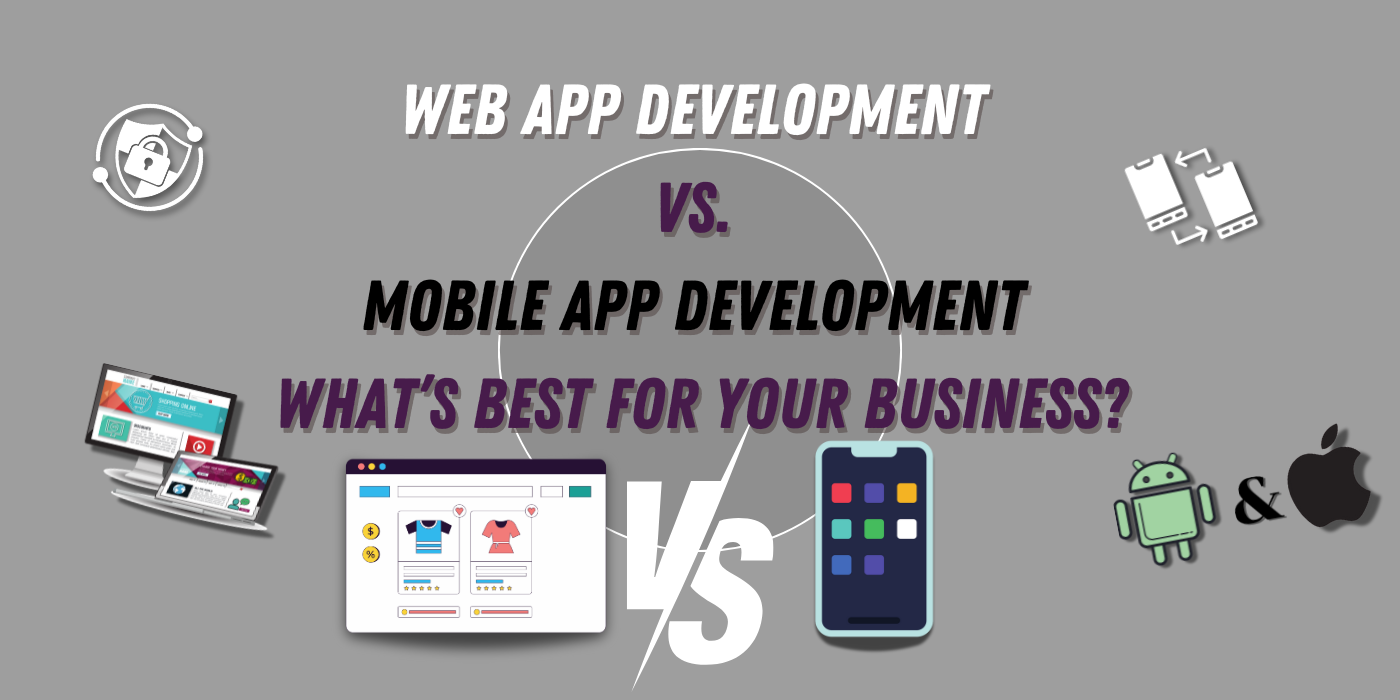In today’s digital era, businesses are constantly seeking innovative ways to connect with their audience. Two of the most powerful tools available are web and mobile applications. Both web and mobile app development services offer unique advantages, but choosing the right path can be overwhelming. Your decision will not only impact your business’s growth but also determine how well you can engage with your customers.
This blog will explore the differences between web and mobile application development services, helping you decide which option best suits your business needs.
Web App Development: The Foundation of Flexibility
A web application is a software or program that runs on a web server and is accessed through a browser. Web apps are built to be responsive, meaning they adapt to various screen sizes, whether on a desktop, tablet, or mobile device.
The main advantage of web app development is its versatility. Web apps don’t require users to download anything. As long as there’s an internet connection, your app is accessible on any device. This makes web apps an attractive option for businesses that want to provide a seamless experience across platforms.
For example, a SaaS company looking to deliver its product to users across different devices might benefit from a web application. Since web apps are more affordable to develop and maintain compared to mobile apps, they are often favored by startups or businesses with limited budgets. Moreover, updates and bug fixes can be rolled out instantly across all devices, ensuring a smooth user experience.
However, web apps do have limitations. Performance-wise, they are generally slower than native mobile apps. They also lack access to the full range of device features, such as the camera, GPS, or push notifications, which might limit user interaction.
Mobile App Development: Delivering Immersive User Experiences
Mobile app development services focus on creating applications specifically for mobile devices. These apps are either native, meaning they are built for a specific operating system (iOS or Android), or hybrid, meaning they can run on multiple platforms.
One of the most significant advantages of mobile application development is the enhanced user experience. Since mobile apps are designed for specific devices, they can fully utilize hardware and software features. This includes GPS for location-based services, push notifications to re-engage users, and even offline functionality.
Businesses looking for deep user engagement often turn to mobile apps. A retail company, for instance, can benefit from a mobile app that allows users to browse products, receive personalized offers through notifications, and complete transactions, all in a highly optimized environment. Mobile apps tend to be faster, more reliable and offer a more immersive experience than web apps.
However, mobile apps require users to download and install them, which can sometimes be a barrier. Additionally, they are generally more expensive and time-consuming to develop and maintain. Separate versions need to be created for iOS and Android, which adds to the development cost.
Which Option Is Right for Your Business?
When deciding between web and mobile app development services, it ultimately comes down to your business goals, audience, and budget.
If your goal is to reach a broad audience without asking users to download anything, or if your budget is constrained, then web application development is a solid choice. It offers flexibility, accessibility, and ease of maintenance, making it ideal for startups or businesses with limited resources.
On the other hand, if you want to deliver a high-performance, personalized experience and fully utilize mobile device features, mobile app development may be the better option. While it requires a larger investment, the payoff can be worth it, especially if user engagement is a priority.
In the end, the choice between web & mobile app development services depends on your business’s specific needs. Both options offer incredible opportunities to enhance your digital presence. With the right development strategy, you can ensure your app aligns with your business goals and delivers the best possible experience for your users.






